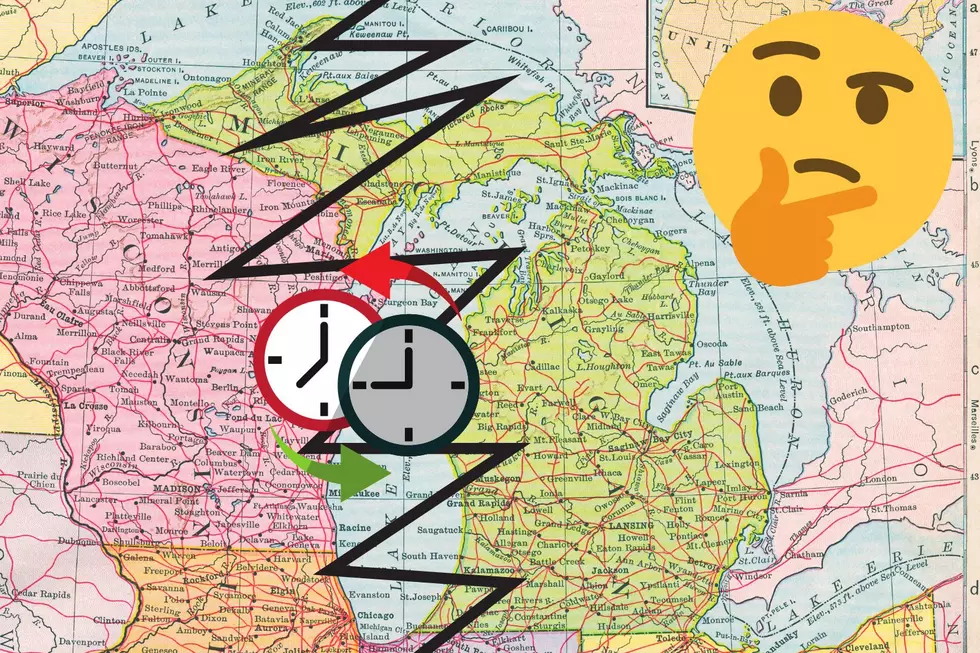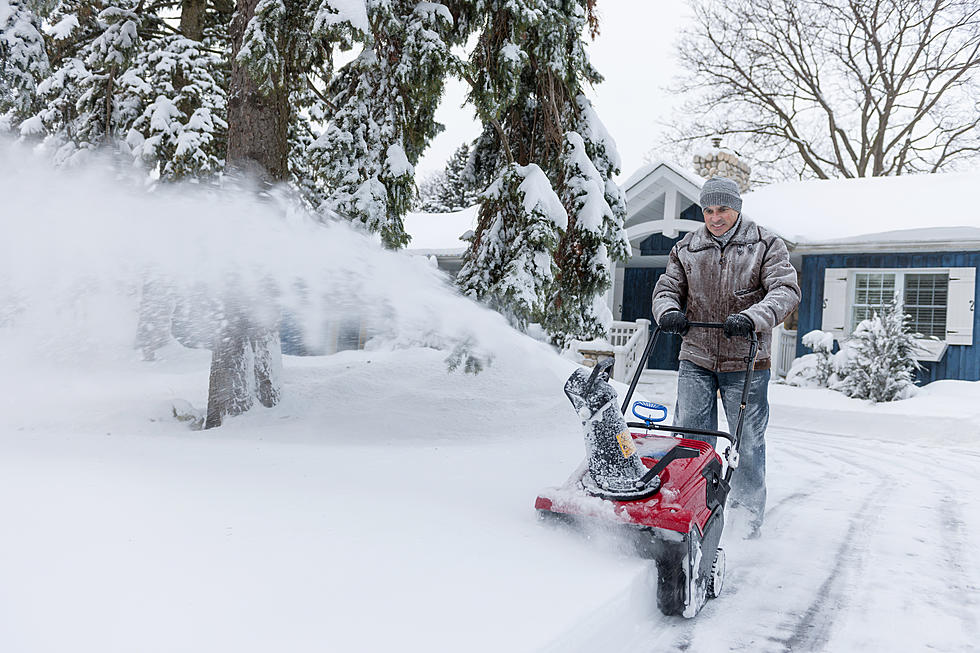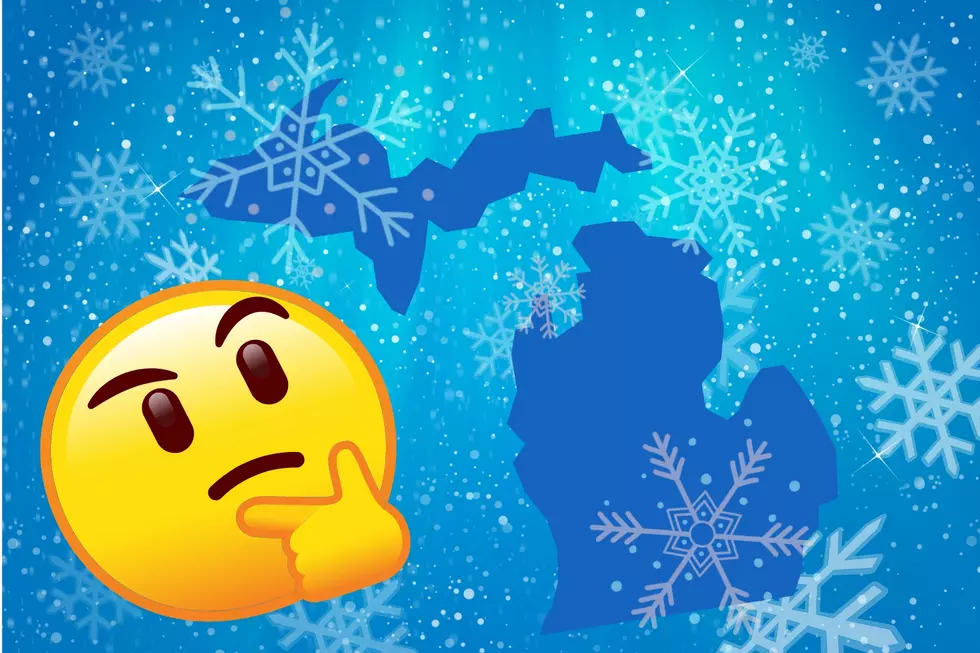
‘Dibs’ Is A Chicago Thing: Claiming Your Dug Out Parking Space With Furniture
Every city has its own unique qualities and, in some cases, quirks. My hometown, Chicago, has one of those quirks. It's called "dibs".

What is "dibs"? Dibs is the act of claiming the parking spot in front of your house, the one you shoveled out, after a significant snow storm. Now if you reside in a less densely packed urban area, you may find this practice strange, but what we're talking about here, is side street parking in the city itself. If you have a driveway adjacent to your house, like in most suburban areas, then this might be a weird concept to grasp.
In the city of Chicago itself, all 26 miles top to bottom, there are hundreds, if not thousands, of side streets where people are not lucky enough to have a garage where to park their cars. Not to get ahead of ourselves, but IKEA can help. Here's what a sign in a Chicago store says: "Don't let someone snatch your spot. You ever clean out a spot on the street so you can park your care there just to come back and find out someone stole your spot? Not cool - those are your dibs. Pick up your spot marker (chair) today. (Yes, the picture could be photoshopped, but it explains the concept and is pretty funny.)
(DarkSideMoon via Reddit)
What's also funny is what some people use for 'dibs'. Usually it's a folding chair, or a lawn chair or even a kitchen chair. But it can be a traffic cone, or a couch. Yes, a couch, or maybe even a window air conditioner. No kidding.
Seeing it from a foreign perspective might help you get the idea, too
(Chicago Aussie via YouTube)
The downside to not respecting dibs is having your car keyed, or, in this day and age, being shot or even killed. But there is one bright spot. Once the weather starts to get better in March, you can roll down the street and pick up some lawn furniture cheap.
PEEK INSIDE: Derek Jeter is Selling His Stunning Hudson Valley Lakeside Castle For Discounted Price
LOOK: The most expensive weather and climate disasters in recent decades
More From 100.7 WITL









